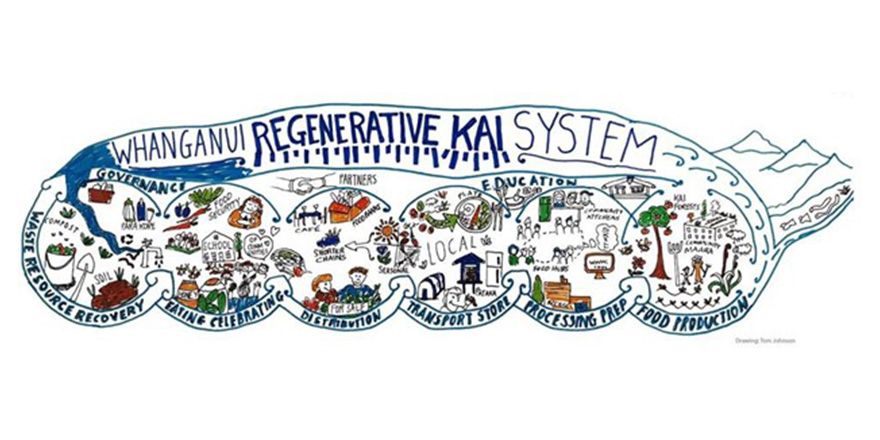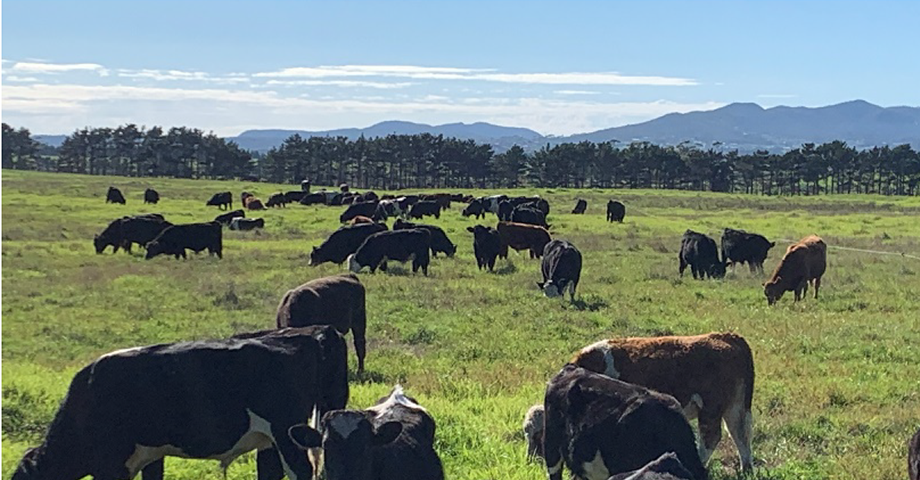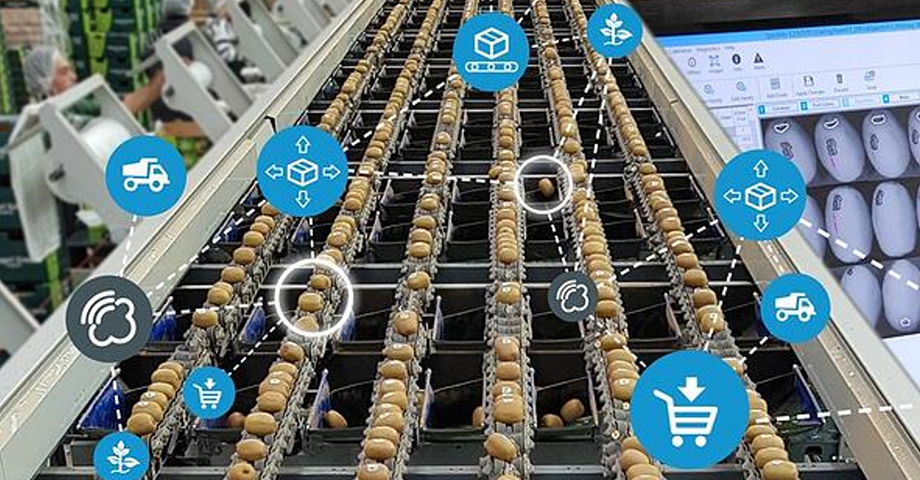
Executive Summary
The New Zealand Agricultural Sector makes up about two thirds of the exported goods from New Zealand and as such remains the most important industry for New Zealand’s economy. Agricultural farms span from Stewart Island in the South to Cape Reinga in the North, some 1600 km away and from one coast line in the east to the other in the west up to 400km apart, with a total land mass of 268,000 square kilometres. For Agribusinesses who wish to support these farmers with products and services, this is a logistical challenge.
Traditionally in New Zealand the method in which farmers have traded with Agribusinesses who supply them with products, services and advice is over the kitchen table. This originates from a time when technology such as mobile phones, the internet, fax machines and overnight courier were still to be discovered. Farmers would less frequently travel to town, either because the distance was too far, the roads too poor or there was no need.
Co-operatives were formed and as such there were milk processing companies nearby, a fertiliser distributer, a farm supplies store and a bank. A local representative from the respective Agricultural Company would visit the farmer on farm, have discussions and provide advice around their requirements and then ensure these products or services were deployed to the farm accordingly.
As technology has evolved farmers are now able to use multiple platforms to engage with their farm supply companies. There are multiple communication channels and most products and services that a farmer may need can be purchased and subsequently delivered without even talking to somebody. However as a result of history the large proportion of customers still prefer to conduct business over the kitchen table and as a result most agribusinesses in New Zealand have Sales representatives dispersed as far as Kaitaia to Gore. The majority of these businesses do not have headquarters, offices or stores in all of these regions so the sales representative typically works from a home office and their line manager is usually over 100km’s away working from a separate location.
From a leadership perspective this poses challenges for the manager of these dispersed teams when it comes to creating a high performing team who feel part of a team, are well coached, rewarded, recognised for their achievements, trained and where necessary their performance managed. Unlike the typical office environment where a manager will see and interact face to face with their reports often on a daily basis, having employees 100km away and often mobile on the road means the manager requires a unique set of skills.
As a leader of a remote based sales team in the agricultural sector I saw an opportunity to understand this dynamic better and review existing literature and research which has been done on the topic and also conduct my own survey of other rural leaders in the same positon as to how they lead their teams.
After reviewing literature and from my own experience in the area of leading a remote sales team I decided to take a closer look at 5 keys areas of leading a remote sales team: the team dynamic, coaching, effective feedback, reward and recognition and productivity.
Existing literature confirmed that remote sales teams can be highly effective and productive if led well with a clear vision and purpose. The key to success is having a well-designed team who understand what their job is, are kept well informed of how they are doing, have a good relationship with their manager and are clear on what their future is. Management is a discipline which has changed dramatically over time and is now a lot less effective. To be an effective coach in a leadership role will improve team performance at a greater rate than management in the purist sense.
Reward and recognition are key elements of keeping a team productive, positive and engaged. And under the right leadership remote teams can be more productive than their office based counterparts.
For leaders reading this discussion paper there are five take home messages: recruit the right team, give them a clear purpose, tap into their hearts and minds by being an effective coach, reward and recognise to drive the right behaviour and provide regular, effective and meaningful feedback to improve the effectiveness of your people.
Download and read the full report here




